Every Parents’ biggest fear is that their kids get bullied. One out of every five (20.2%) students report being bullied and only 36% of bullying victims report it, which is likely significantly higher. When bullying occurs, people typically consider two parties, the bully and the person who is bullied (victim). However, there is a third party that can have significant impact on the situation in either way – the bystanders who witness bullying. Bystanders can choose to become outsiders, upstanders, reinforcers, or assistants, each choice consequences in different results in a bullying situation. Becoming upstanders in bullying can help stop the bullying and support the victim.
Related Reading:
- Prevent Kids from Bullying: A Complete Guide for Young Schoolers’ Parents (5 to 8 years)
- Positive Discipline – How to Get Your Toddler to Listen Without Yelling
- How to Keep Your Child Safe: 8 Pedophile (Child Molester) Warning Signs
- 7 Classic Discipline Strategy That Still Work (on primary school kids)
- 7 Old-fashioned Discipline Techniques You Should Avoid At All (on primary school kids)

Table of Contents
Option of Bystanders
Outsiders witness a bullying situation but choose to stay out of it and remain silent. Reinforcers encourage the bully by laughing or cheering etc. Assistants help the bully join in, such as blocking the victim’s escape. Upstanders help by intervening and supporting the victim by the following means:
- Tell the bully to stop
- Redirecting the bully
- Help the victim
- Involve authorities if necessary
- Encourage others to stand up as well
Why do we need upstanders?
In parenting, the famous quotation from Michael Josephson is that “whatever you allow, you encourage.” Same with bullying, and if you do not stop it, it means you encourage it.
The primary and simple reasons are present and the real game-changer. Bullying often falls into a double side story, and the damage is done when bullying occurs. However, according to a study that bullying stops within 10 seconds when upstanders defend the victim by more than 50%.
Secondly, most people know that bullying is wrong. However, they often fall into the “bystander effect” trap. They are less likely to help the victims because they think it is the other’s responsibility. Very often, bystanders are afraid of retaliation and be excluded or do not know how to react. They also feel guilt, anxiety, and helplessness by witnessing the bullying and do nothing.
Thirdly, being an upstander involves many social and emotional skills, such as quickly recognizing the problem, caring for others, empathy, courage, and take taking Those skills make you the leader in the community and someone’s hero.
What requires the upstanders in bullying?
Related Reading:
- What Should Parents Do? A Story about Kids Lie and Sibling Fight
- 8 Best Positive and Gentle Parenting Books for Toddlers’ Parents
- The Difference between Bribe and Reward your Kids
- Room Parent Feedback – Parents Involvement in Primary School
Being an upstander takes courage. You risk yourself in a difficult situation and may become the next target. It also requires smartness and action. There are many ways to stop the bullying, such as physical interference, calling authorities, or using your words, the upstanders needs to quickly evaluate the best option to smartly step in and not danger themselves. Moreover, you need to be assertive and compassion.
Finally, you can embrace others by setting up example and takes leadership.
How to encourage our kids to be an upstander?
It takes time and education to help our kids to an upstander, starting with awareness, feelings, actions, and exercise.
1. Establish Your Family Values and Relationship
Being upstanders in bullying can face many unpleasant moments and requires faith that you are doing the right thing. A good family relationship with a value is the supporting system for upstanders. It can help our worriers get energy by enforcing their values and praising them when you see an upstander behavior.
Remember, parenting is 80% connection and 20% guidance only, especially in the teenager stage. If kids do not want to share too much information, keep the communication line open and state that you are on their side no matter what happens.

The below TED talks from Tina Meier made me cry several times. Many of us are same with her, try to protect and standup for our kids. It may work in the young childhood. When kids reach teenager, they get less influence from family and more influence from school and society. There is a moment that we watch our kids suffer and helpless. For example, when you have issues at work, are you rather talking with a colleague or talking with your parents? I even do not talk about the issue with my spouse, simply because he was not there. It is too much energy cost for me to explain from the start to the end and probably your beloved one started to ask different questions (he wants to help of course).
2. Grow Empathy
People who stand up for others do so out of empathy. From a very young, you can begin with the feeling for others. The simple questions are:
- How do you think the person feels?
- How do you feel about that?
- What can you do to make them feel better?
When they grow elder, the questions can be:
- What do you do if your friend is being bullied?
- What do you want your friend to do if you are bullied?
3. Respect the Difference and Inclusive
It is excellent that every individual is different and unique. Exposing your kids to different ways of life can help them better understand the diverse world and will make them more tolerant, respect other cultures and be kind and compassionate to everyone.
Start to have conversations with kids about the different experiences of others, either using newspaper or TV. You can also discuss the challenges and hardship for people in such situations. Instill in your child the importance of truly listening to others, especially those who appear unfamiliar and whom they do not immediately understand.
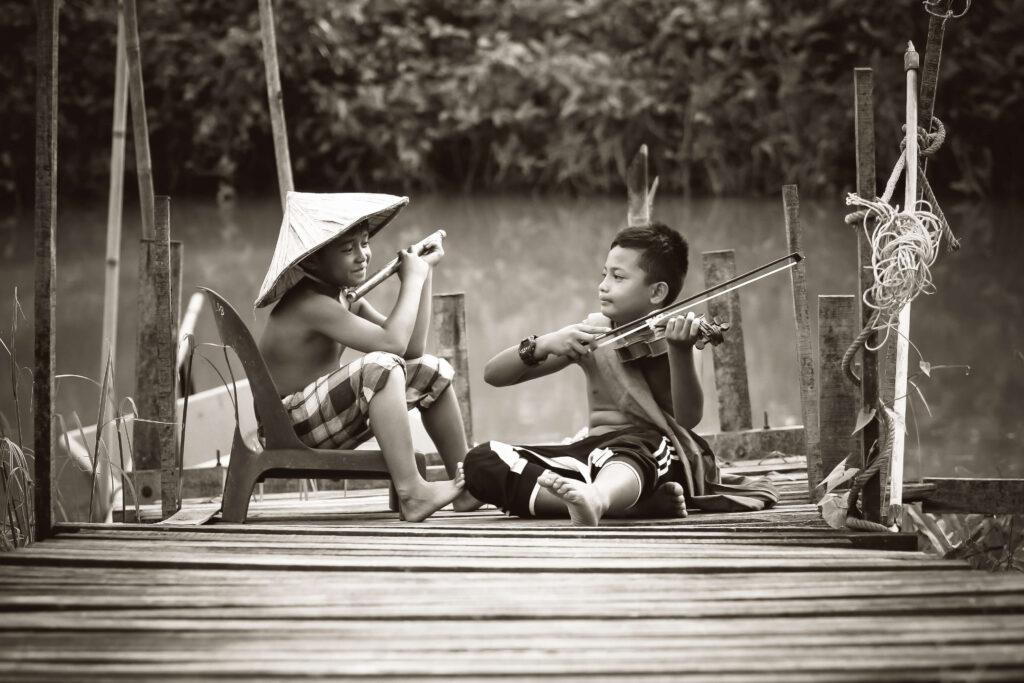
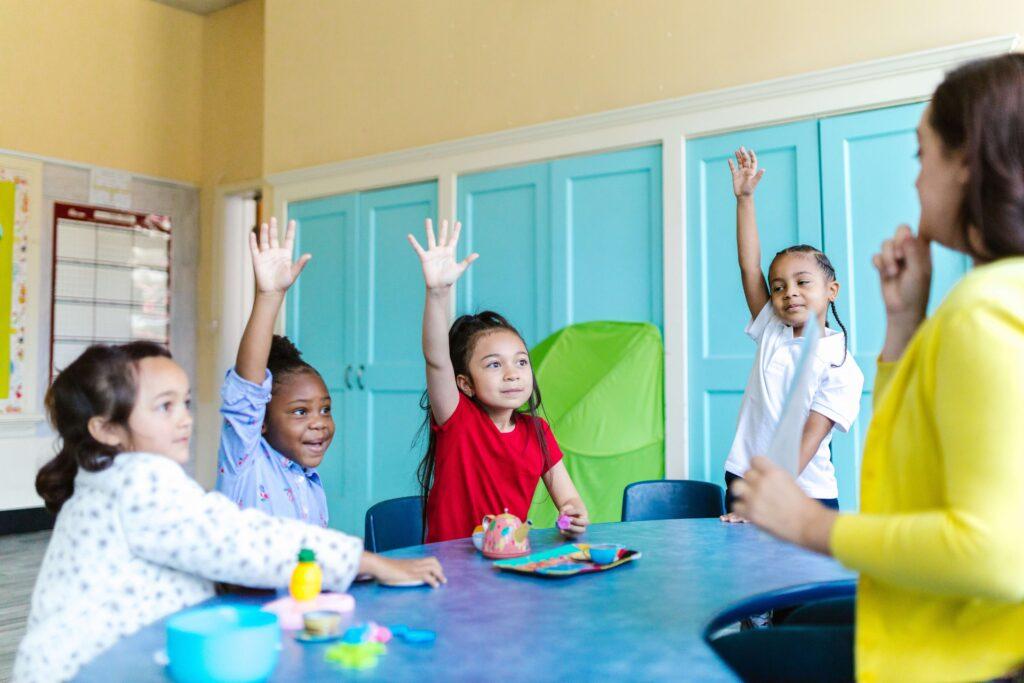

4. Be Kind and Company to the Victim
It’s easy to feel lonely to be the victim. Ask your kids to be friendly with the victim and invite them to lunch, on the bus, or at other events— even they are not friends yet. Just hanging out with them can help them know they aren’t alone. Reach out to new people at your school. Please make an effort to introduce them around and help them feel comfortable.
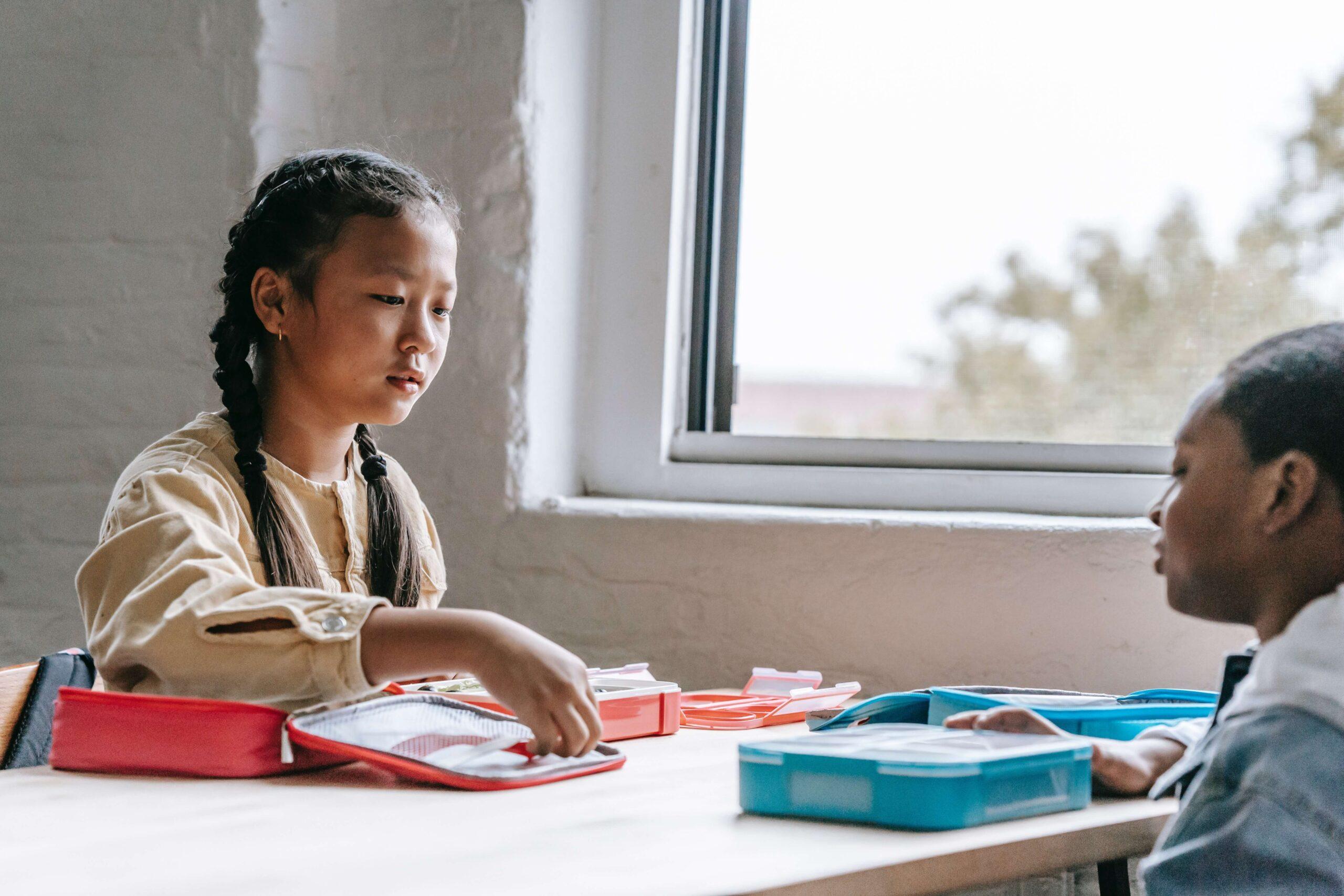
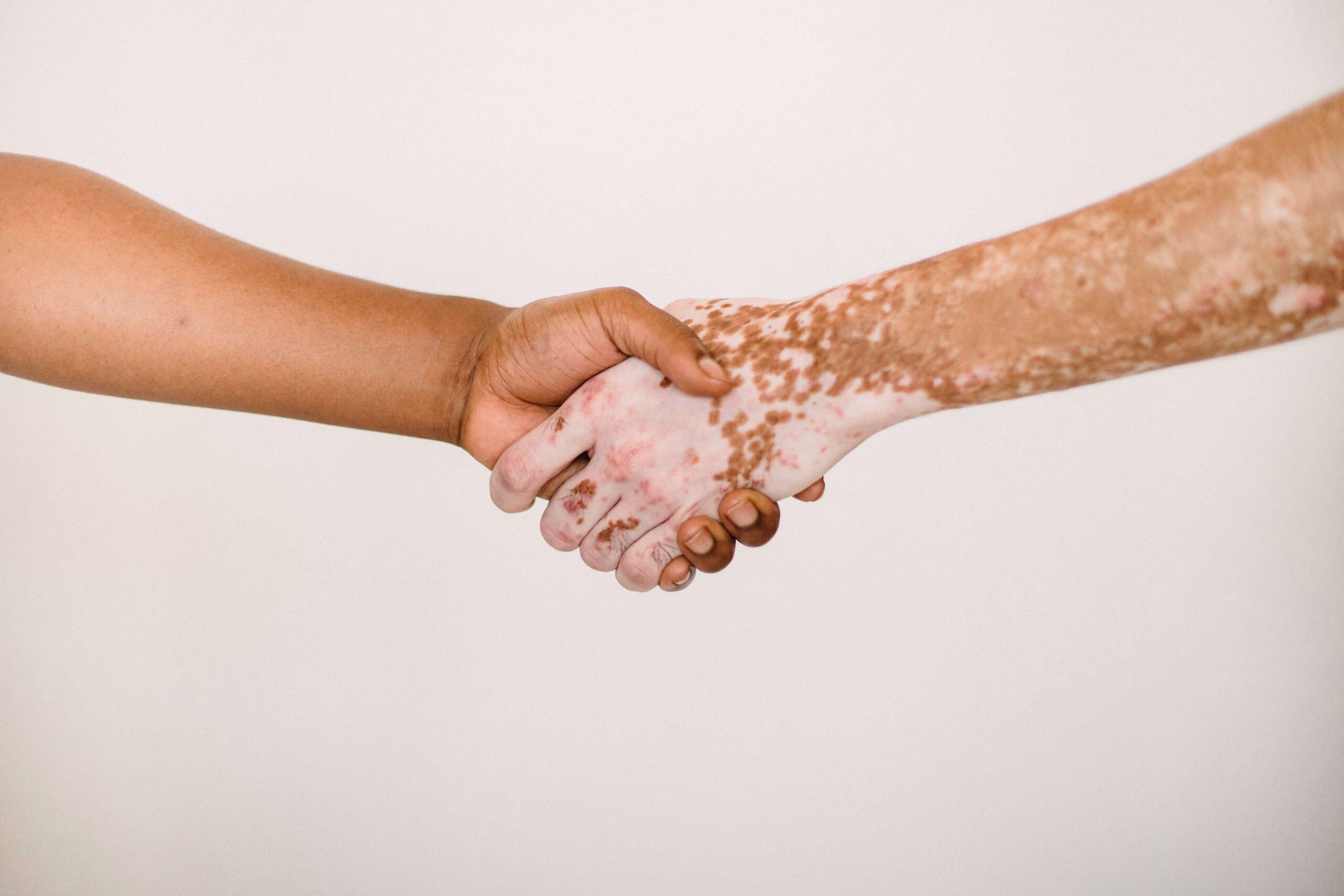
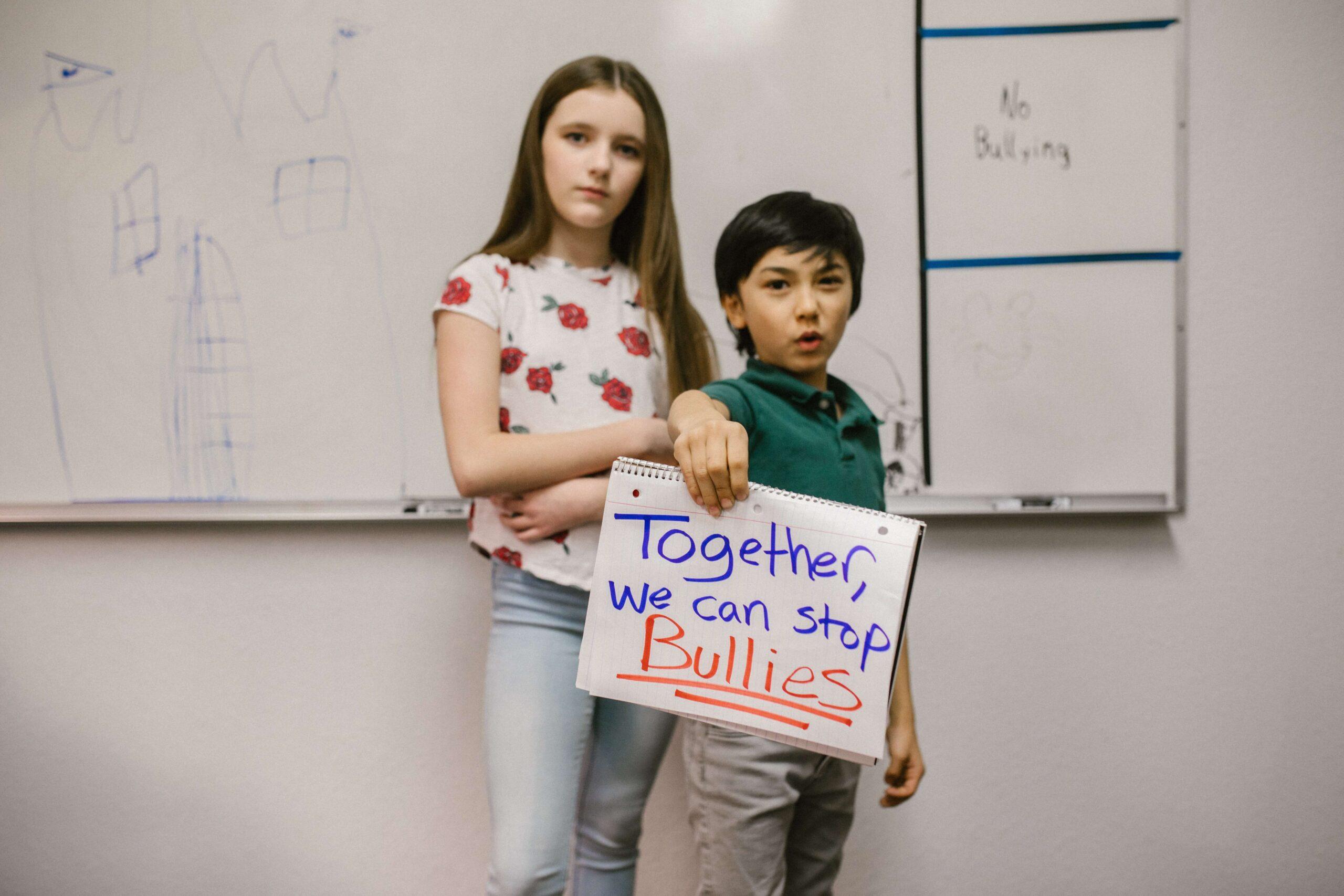
5. Cheer for others, Help to Reboots the Victim’s Confidence
If the victim lost their confidence, encourage your kids to help them rebuild their confidence by reinforcing the things they can do well, and giving them a stage to present. Remember, every time he succeeds, it helps him develop better self–esteem, which is the opposite of how the bullies make him feel.
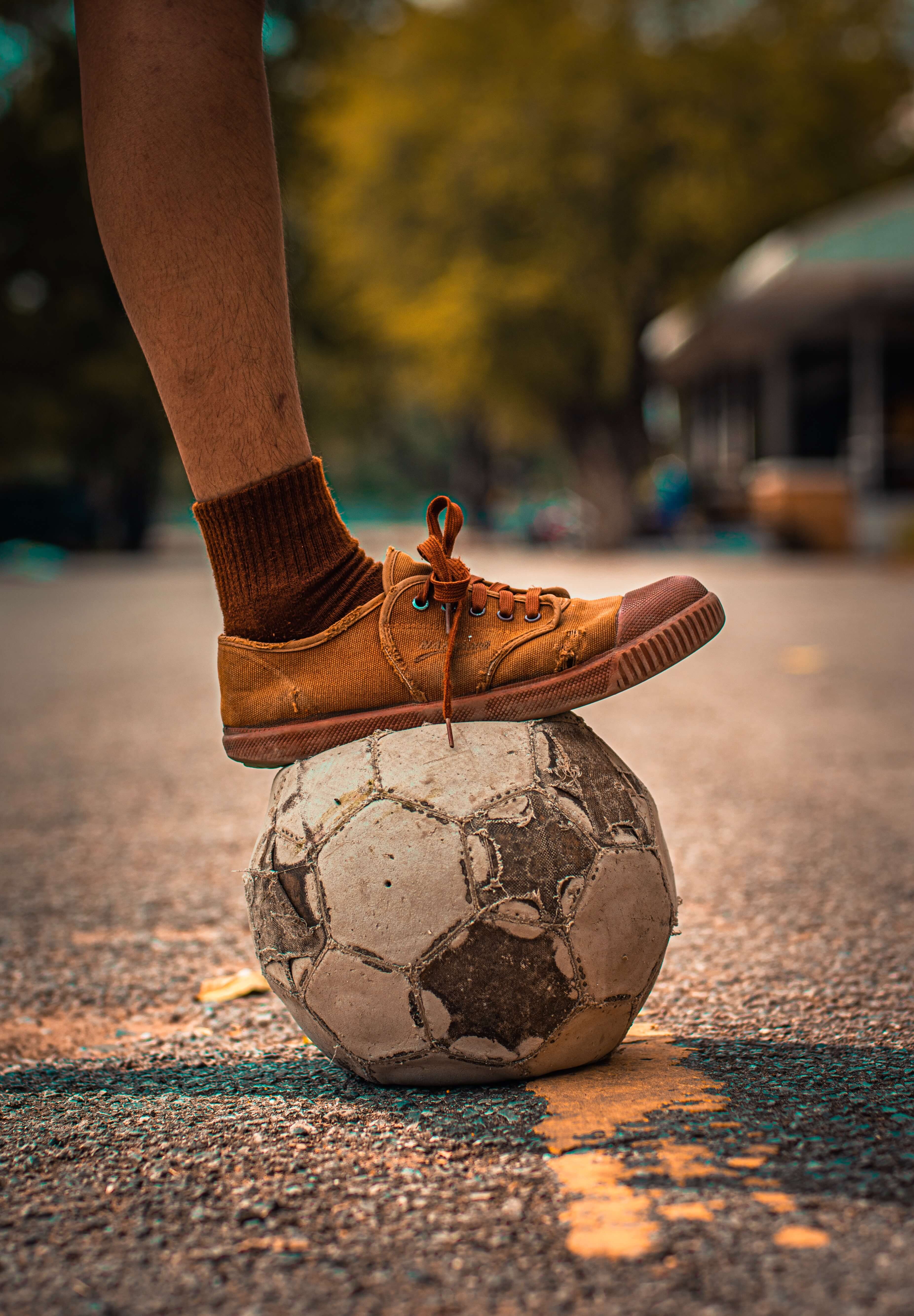
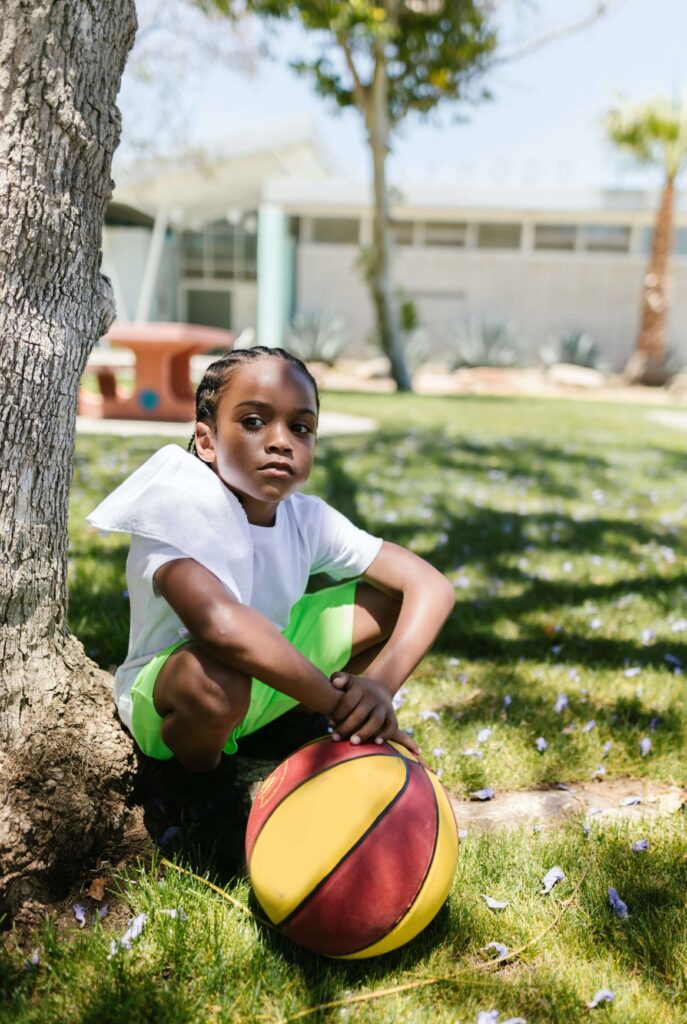

6. Roleplay with your child so that they figure out the strategies that suit for them
It’s important to teach your child how to react. Roleplay with them how he can stand up to a bully. Some kids can confront the bully and say, “stop it. It is not nice.” Others may feel safer being indirect, e.g., being friendly with the victim or reporting the situation to authorities. Brainstorm with your child how they would respond when someone has been bullied, or your child sees a bullying situation—practice responses through role play. Think of possible bullying situations and have your child act out how to react. The best case will be: to use humor to say something funny and redirect the conversation.
7. Make Sure That Your Children Know When To Seek Help From Adults
Kids often develop a “Code of Silence” as they age, but adults must be involved in extreme bullying, especially when it is aggressive, harmful, and physical. Roleplay in different scenarios and ask them if it would be better to involve an adult or attempt to handle it themselves. If they are confronted with the same choice in real life, they are ready to make the right decision. “Tell kids to ask for help when needed! Upstanders can often achieve a better outcome by calling on a friend or adult who’s likely to understand and support them.
8. Be the Example and Learn From Examples
Parents are kids’ first teacher. They learn from us and reflect us. Be inclusive and help surroundings, they will see and do the same.
Kids can learn from surroundings and histories, simply books and biographies about people in history who were “upstanders,” those who noticed unfairness and inequity, and who stood up for those who weren’t treated with kindness and fairness.
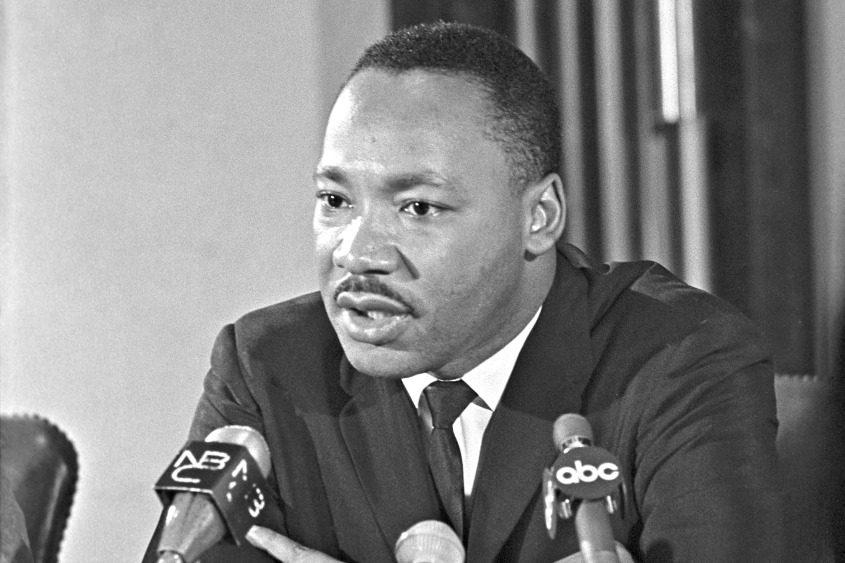

9. Teach Kids To Use Simple, Unemotional Language
The bully often backs off when kids can use simple, confident, and straightforward language. For little kids, we can help kids to create simple scripts so they know what to say about bullying. “Don’t Do That!” “It is bullying,” “It’s not nice,” “That’s too rough.”
10. Start small tasks for your kids
Put a daily note to our kids and give them a small task, for example, watch out for one classmate and stick up for them if anyone is unfriendly or stop one wrong and hurtful behavior or make friends laugh with a harmless prank.

Final Thoughts from Pragmatic Lifestyle
Bully could happened to anyone, instead of let it happen and then fix it, let’s creating our kids a safe environment, giving unconditional trust, and building up confidence at home, at school and in the society for preventing bullying.
Related Reading:
- The Pragmatic Tips of Being a Single Parent
- The Difference between Bribe and Reward your Kids
- 10 Signs of Toxic Parenting and How to Deal with It
- 10 Best Parenting Tips To Follow
About Me
Hi, there. I am Lin. Together with my husband and two kids, we live in the beautiful Netherlands in Europe. I am dedicated to self-development, creating quality time for the whole family, and fully supporting kids with their potentials and possibilities with all I have learned from engineering, MBA, and 10+ years of working experience in the energy sector.


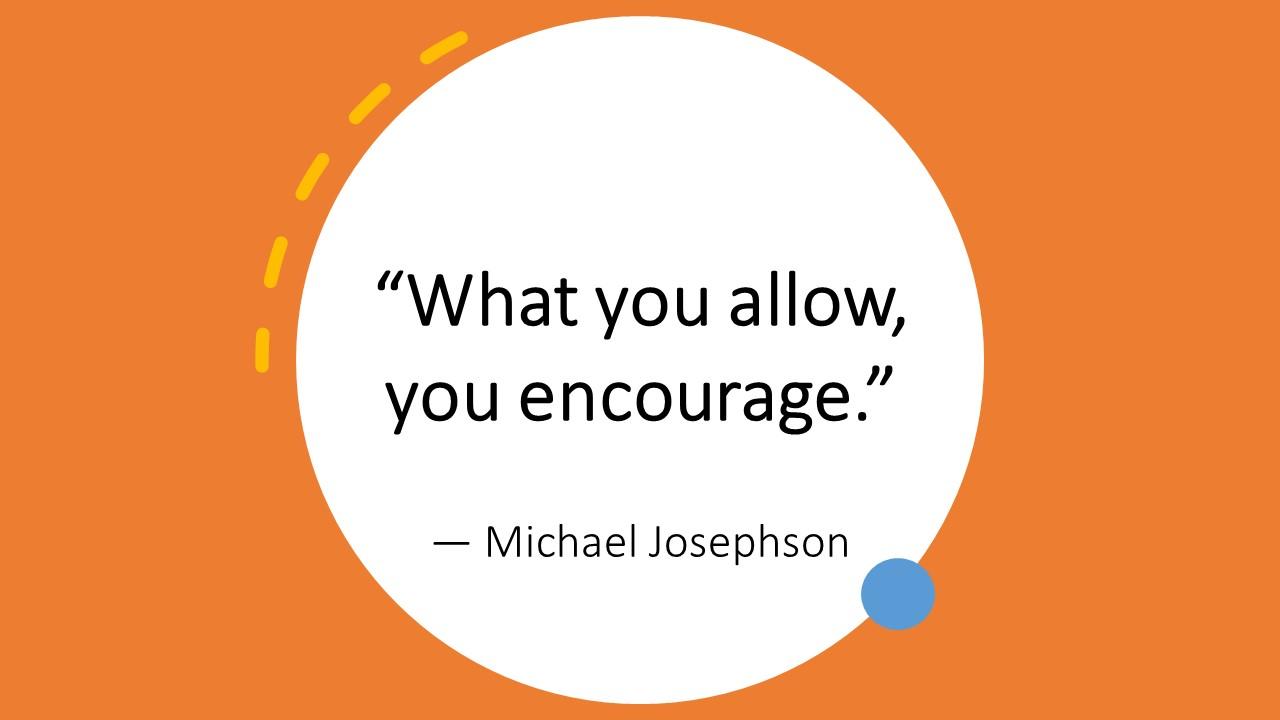
3 Comments
Comments are closed.